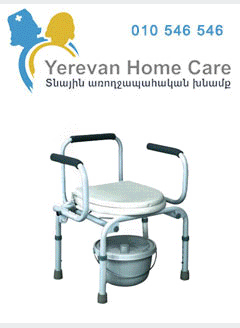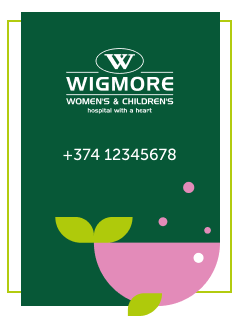People who develop high blood pressure very late in life may find it has an unexpected benefit - a lower risk of dementia.
Those with the highest readings were the least likely to have the disease, a study has found.
While an elevated reading during middle age is thought to increase the risk of Alzheimer's and other types of dementia, the effect seems to be reversed later in life.
There is emerging evidence that the role of high blood pressure in dementia risk may change over time - and may instead help protect against dementia in people age 90 and over, say the study authors.
The research, from the of the University of California, Irvine, investigated the relationship between the risk of dementia, the age at which it was diagnosed and blood pressure readings in the over-90s - known as the' oldest old'.
At enrollment, participants did not have dementia and had an average age of 93. Two-thirds of them were women. The researchers followed 625 pensioners every six months for up to 10 years in the ongoing 90+ study.
Patients who developed high blood pressure between the ages of 80 and 89 had a significantly lower risk of developing dementia compared to those with a reading in the normal range.
Those who developed the condition in their 90s had an even lower dementia risk.
The findings held regardless of whether participants were taking medications that treat hypertension.
'In our study, high blood pressure is not a risk factor for dementia in the oldest old, but just the opposite,' said Maria n associate adjunct professor in the department of neurology.
But she also urged caution about the findings.
'On the basis of this work we are absolutely not recommending that high blood pressure not be treated among the elderly,' she told Healthday.
'What we are saying is that from observing a group of very old people we now have some evidence that developing high blood pressure at a late age may be helpful in terms of maintaining intact thinking abilities.'
The study was presented at the Alzheimer's Association International Conference.
Previous research has suggested that blood pressure medication may reduce the risk of developing age-related memory loss.
Nearly 800 elderly people were tracked - 610 of whom had high blood pressure or were being treated for the condition.
Regardless of the drugs they took, those taking blood pressure medication had showed 'fewer brain abnormalities associated with dementia' when compared with patients not taking tablets,' Prevention report.
Beta blockers were particularly good at protecting the brain, heavily protect it from shrinkage, say the researches from the Pacific Health Research and Education Institute in Honolulu.

















